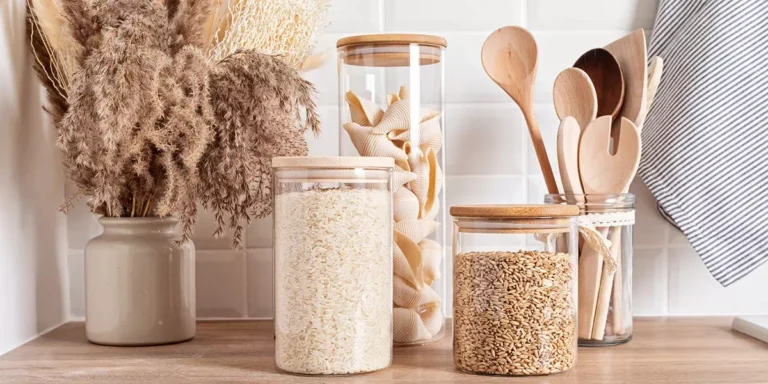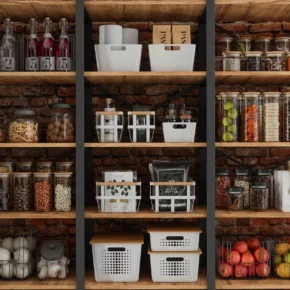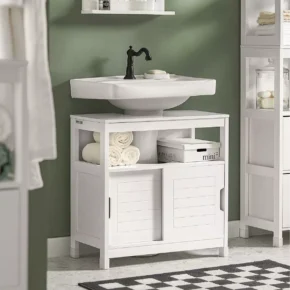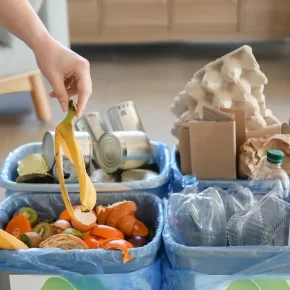Storage of products such as cereals, flour and dried fruits requires a special approach to ensure their freshness and quality for a long time.
Correct storage conditions will help to avoid the appearance of pests, mold, excess moisture and preserve all the useful properties of products.
1. General principles of storage
The main factors for long-term storage of products are control of temperature, humidity, protection from light and tightness of packaging. Compliance with these conditions will help keep the products in perfect condition.
- Temperature : it is preferable to store cereals, flour and dried fruits at a temperature of +10 to +15 °C. High temperatures can lead to rapid spoilage of products.
- Humidity : the optimal humidity level is around 50-60%. Increased humidity promotes the development of mold and insects.
- Light : sunlight and high temperature accelerate oxidation, so it is better to store products in dark cabinets or closed containers.
- Hermeticity : hermetic containers help to avoid the ingress of moisture, air and pests.
2. How to properly store cereals
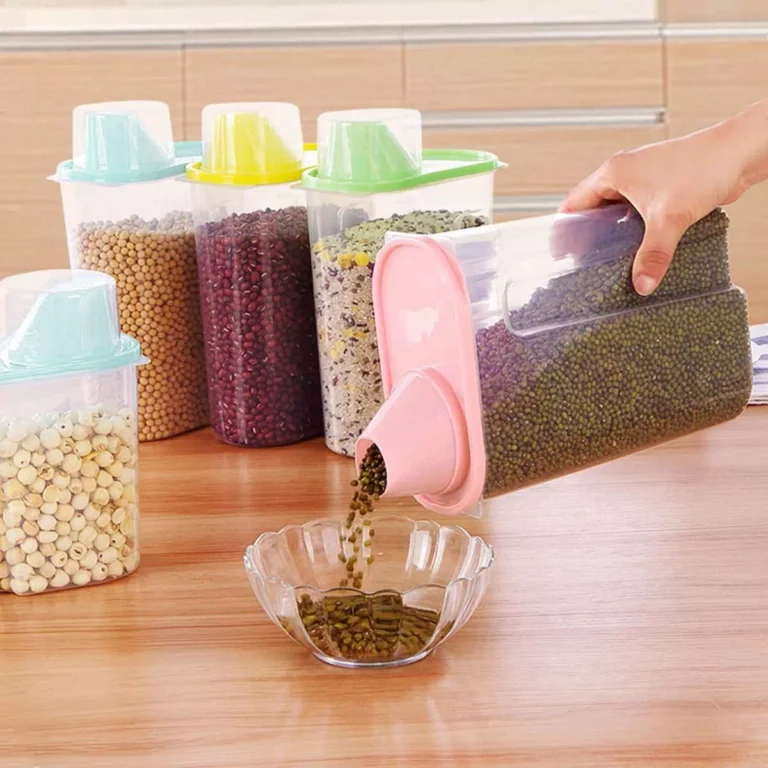
Cereals need special attention, as they can quickly lose their properties if moisture gets in or pests appear.
- The first stage is inspection : before storage, inspect the grains for impurities and insects. If problems are detected, it is better to sift the product or refuse to use it.
- Storage containers : It is best to store cereals in glass, plastic or metal containers with tight-fitting lids. Containers must be airtight and moisture-proof.
- Shelf life : each type of cereal has its own shelf life. For example, rice, buckwheat, barley, and pearl barley can be stored for up to 1–2 years, while semolina and millet have a shelf life of up to 6–12 months.
- Protection from pests : a few bay leaves or garlic cloves can be added to the container to help repel insects.
3. Storage of flour
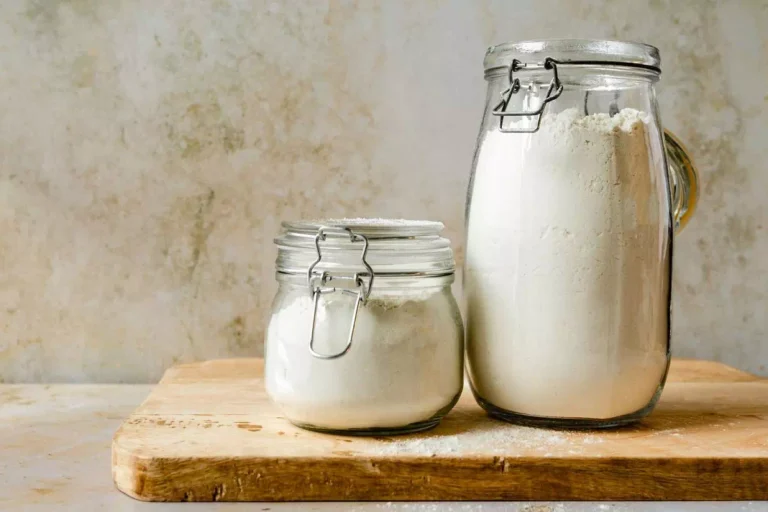
Flour, especially whole grain, is subject to rapid spoilage due to its high fat content and vulnerability to moisture.
- Inspection before storage : before sending the flour to storage, make sure that it is dry and odorless.
- Packaging : it is better to store flour in glass or plastic jars that are hermetically sealed. If you buy flour in large quantities, it can be divided into smaller portions.
- Temperature and storage location : it is ideal to store flour in a cool, dry place. If possible, you can store flour in the refrigerator, which will significantly extend its shelf life.
- Shelf life : white flour can be stored for up to 1 year, and whole grain and rye flour – from 3 to 6 months, due to the higher content of fats that oxidize quickly.
4. How to store dried fruits
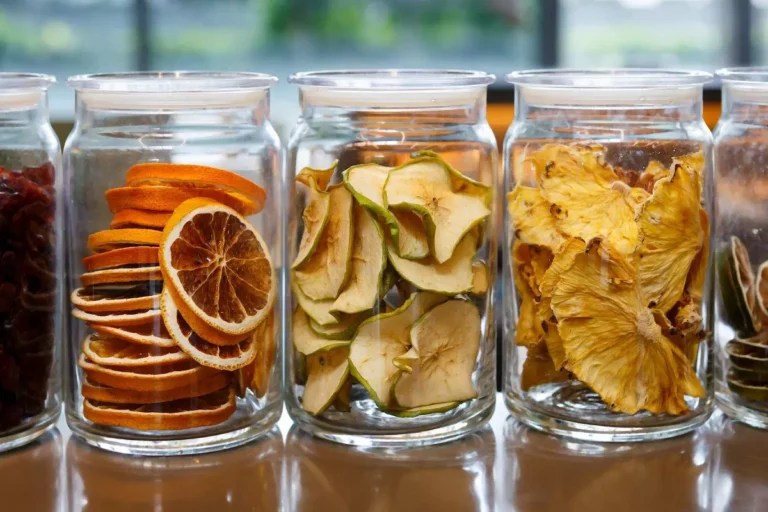
Dried fruits are products that quickly absorb moisture and can spoil, so they need special conditions.
- Storage containers : It is best to use airtight glass or plastic containers that can be closed tightly. Avoid plastic bags, which can contribute to condensation.
- Temperature : dried fruits are best stored at a temperature of +5 to +10 °C. If the temperature is higher, they may lose their texture and taste.
- Protection from insects : to avoid insects, you can place dried fruits in a container with a bay leaf.
- Moisture : Dried fruits should remain dry. If you notice signs of moisture, spread them out on a clean towel to dry.
- Shelf life : most dried fruits can be stored from 6 months to 1 year. Dried apples, pears, prunes, raisins and dates have a long shelf life.
5. Additional tips for long-term storage
- Freezing : Some cereals and dried fruits can be stored in the freezer to extend their shelf life. Allow the products to thaw completely before use.
- Vacuuming : For longer storage, you can use vacuum bags or containers that remove excess air.
- Marking the containers : Remember to mark the date of purchase of the product on the containers so that you know when it is best to use the product.
Correct storage of cereals, flour and dried fruits allows you to avoid their spoilage, preserve all useful properties and avoid unnecessary expenses. Use quality containers, control humidity and temperature, and protect products from pests. This will help keep product stocks in perfect condition throughout the year.

